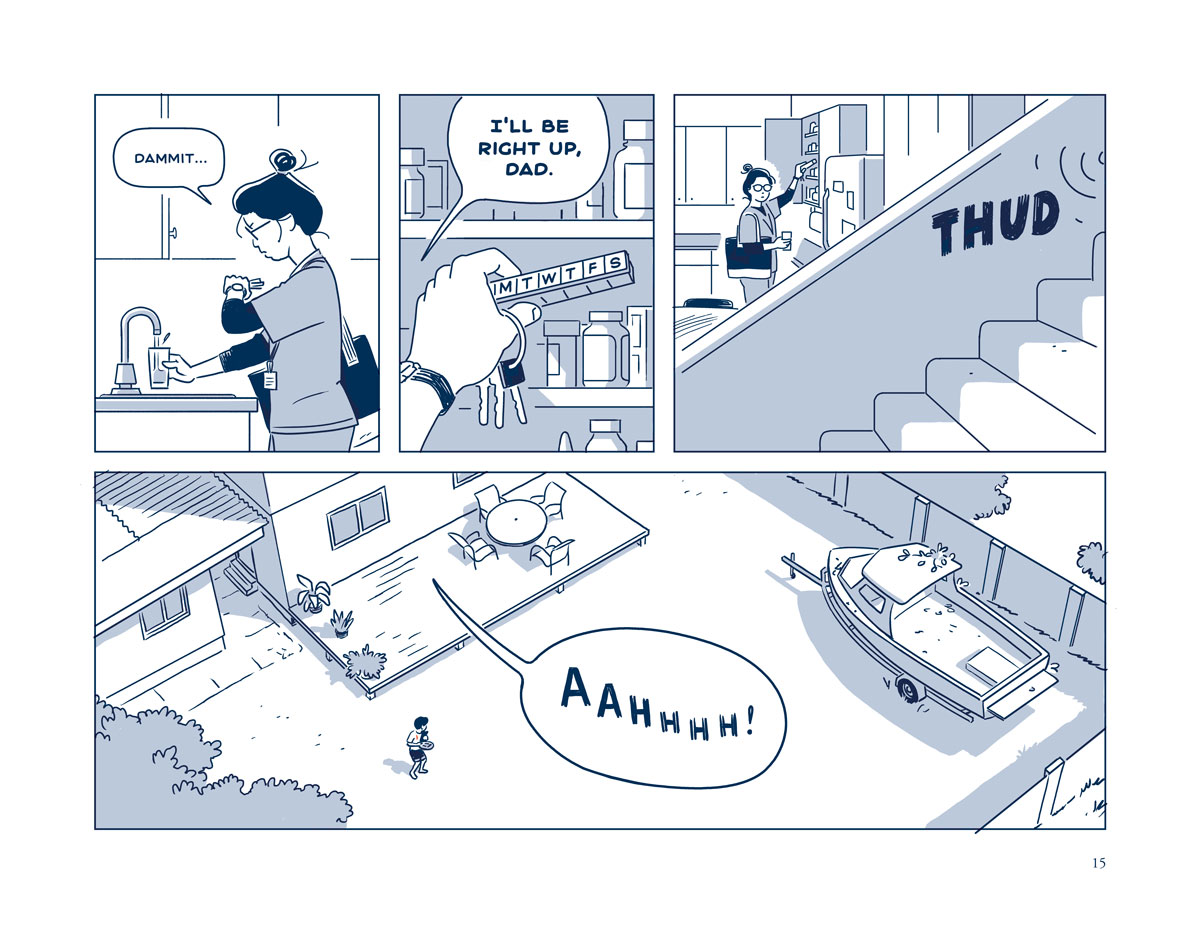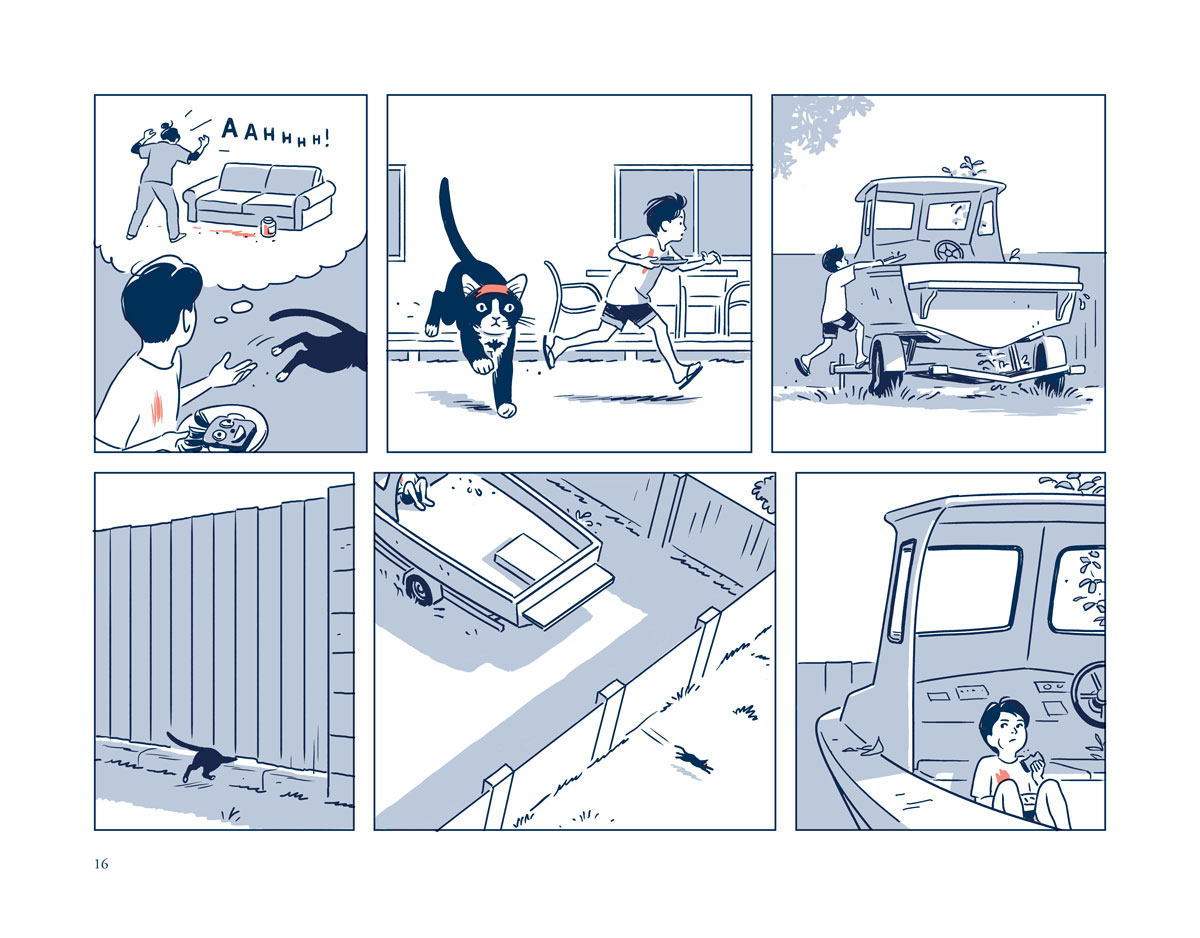Search All Winners
| Name Sort descending | Genre | Year | |
|---|---|---|---|
| Michael Burkard | Poetry | 1988 | |
| Michael Byers | Fiction | 1998 | |
| Sarah Shun-Lien Bynum | Fiction | 2005 | |
| Ryan Call | Fiction | 2011 | |
| Sheila Callaghan | Drama | 2007 | |
| Kayleb Rae Candrilli | Poetry | 2019 | |
| Francisco Cantú | Nonfiction | 2017 | |
| Anthony Carelli | Poetry | 2015 | |
| Ina Cariño | Poetry | 2022 | |
| Hayden Carruth | Poetry | 1986 | |
| Emily Carter | Fiction | 2001 | |
| Joan Chase | Fiction | 1987 | |
| Alexander Chee | Fiction | 2003 | |
| Dan Chiasson | Poetry | 2004 | |
| Don Mee Choi | Poetry | 2011 | |
| Yoon Choi | Fiction | 2024 | |
| Shayok Misha Chowdhury | Drama | 2024 | |
| Mia Chung | Drama | 2023 | |
| Paul Clemens | Nonfiction | 2011 | |
| Ama Codjoe | Poetry | 2023 | |
| Anthony Cody | Poetry | 2022 | |
| Robert Cohen | Fiction | 2000 | |
| Christopher Cokinos | Nonfiction | 2003 | |
| Clarence Coo | Drama | 2017 | |
| Jordan E. Cooper | Drama | 2021 | |
| Amanda Coplin | Fiction | 2013 | |
| Leopoldine Core | Fiction | 2015 | |
| Eduardo C. Corral | Poetry | 2011 | |
| Elwin Cotman | Fiction | 2025 | |
| Patrick Cottrell | Fiction | 2018 | |
| Frances Ya-Chu Cowhig | Drama | 2024 | |
| Mark Cox | Poetry | 1987 | |
| Douglas Crase | Poetry | 1985 | |
| Justin Cronin | Fiction | 2002 | |
| Stanley Crouch | Nonfiction | 1991 |







